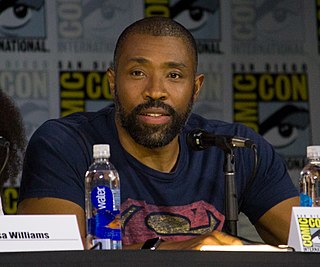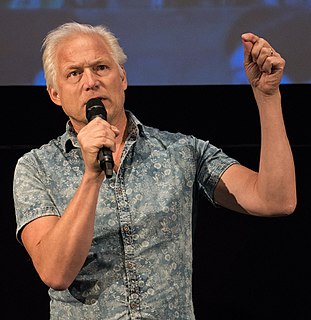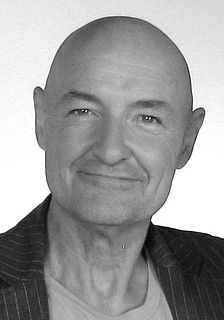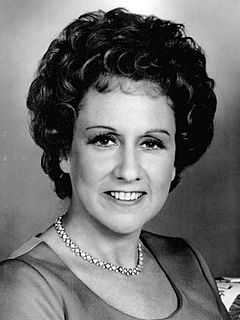A Quote by Saul Bass
My position was that the film begins with the first frame and that the film should be doing a job at that point.
Related Quotes
Your first film is always your best film, in a way. There's something about your first film that you never ever get back to, but you should always try. It's that slight sense of not knowing what you're doing, because the technical skills you learn - especially if you have a film that works, that has some kind of success - are beguiling. The temptation is to use them again, and they're not necessarily good storytelling techniques.
My first job was television. I got to where I wanted to go, but through a little bit of a detour. When I first started working in film and television, I hated myself - I didn't like what I was doing at all. All I could think of was, 'I'm overacting. Be smaller.' I started to do that, but that was not fun. I felt confined doing film and TV.
I got into film in an odd way - when I was 17 years old I participated in a Swedish film as an actor. I think every person at that age should get a role in a film, because during that time you want acceptance, and when you have a role in a film you become an important person. I think about that now, and that was my fantastic starting point.
Me and Kirby are very collaborative and it changes from film to film. The first project we worked on together, Derrida, we co-directed. The last film Outrage, I was the producer and he was the director. This film was much more of a collaboration - he is the director and I am the producer - but this is a film by both of us.
For me, there's one film at a time, and my only benchmark is that my current film should be better than my last one, and I've made sure of that. If you Google the trailer of my first film - which I request you not to - you'll see the vast change in my approach towards my profession and the slow gain of maturity in performing.
Silence Of The Lambs? is a ?fantastic? film. It's a horror film, and it's an incredibly well-told film that is about point of view in such a unique way. The way that film is shot, the way the eyelines are so close, if not directly into camera, betrays an intimacy with the characters and the audience.






































